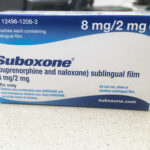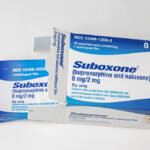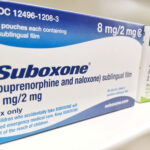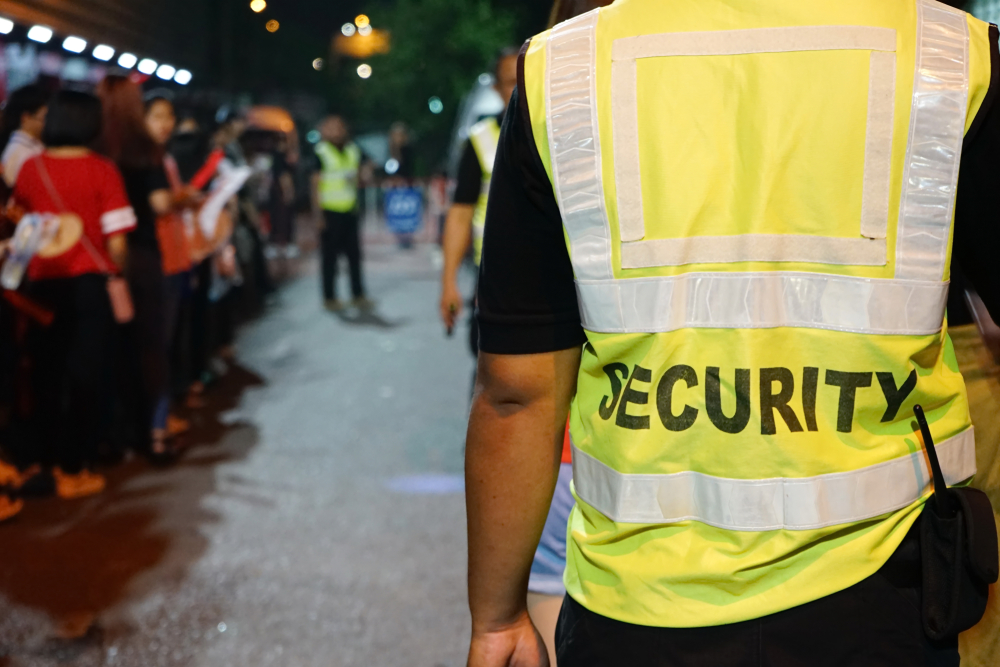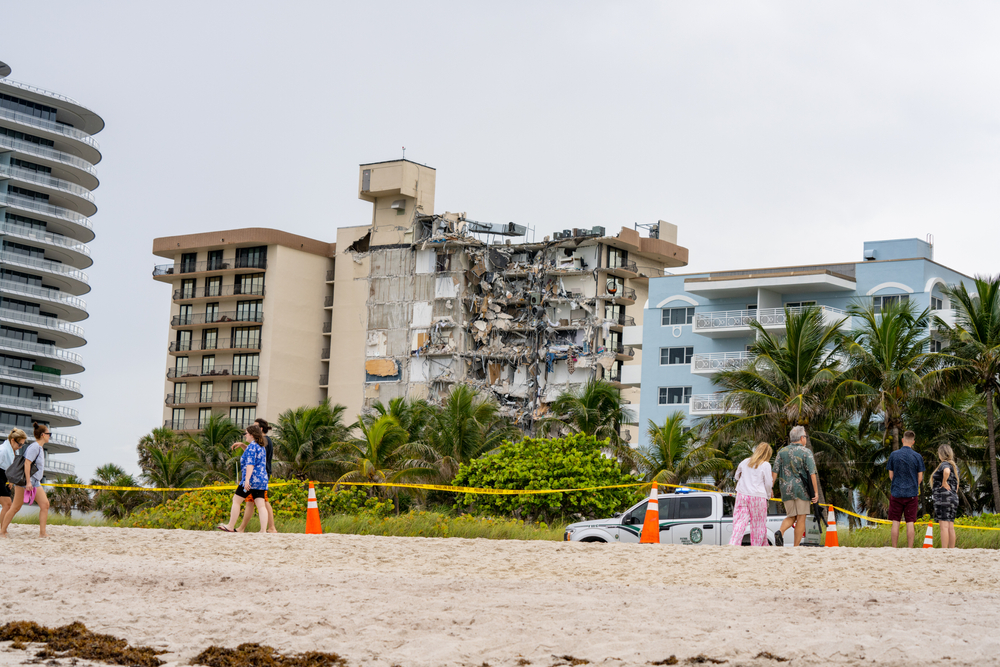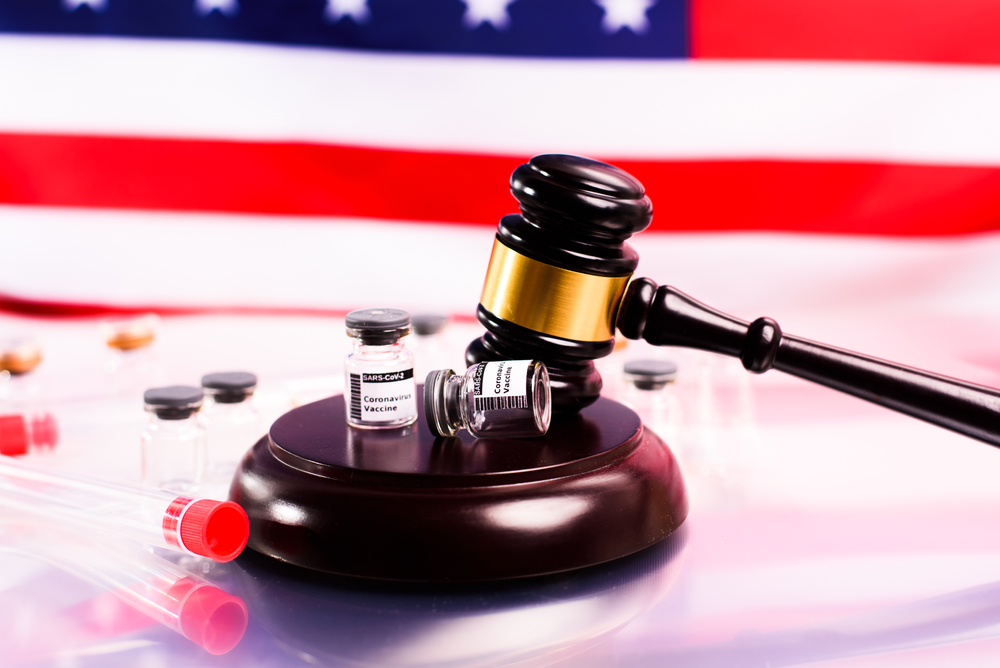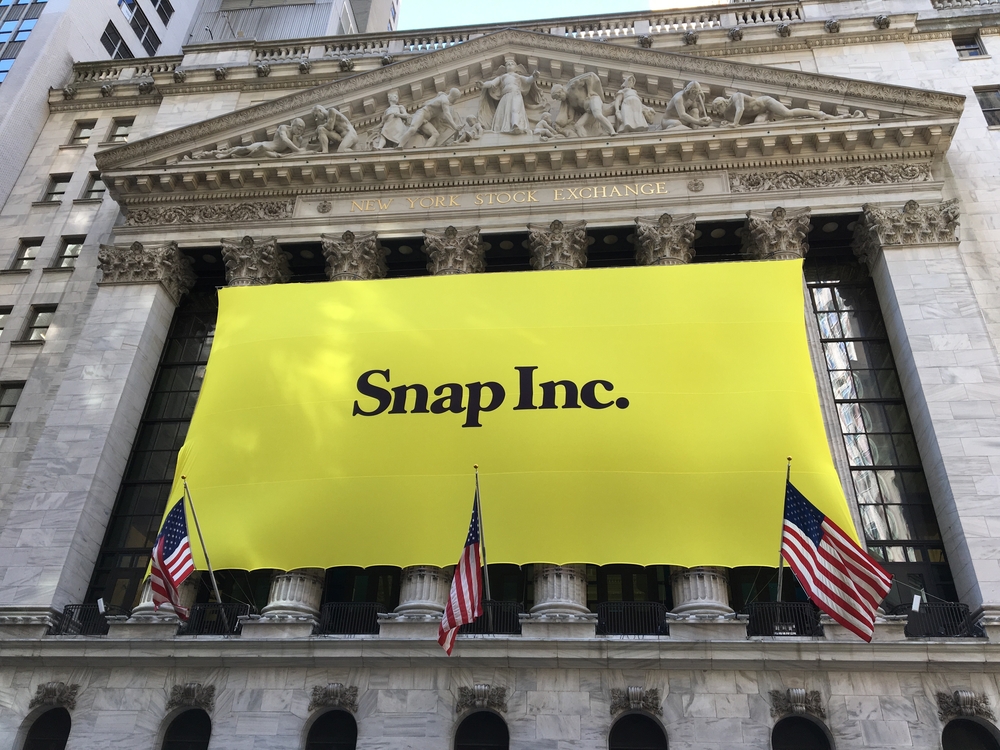Opioid Distributors Reach Settlement with Cherokee Nation
In September, the Cherokee Nation reached a settlement agreement with three of the largest opioid distributors in the country. AmerisourceBergen, Cardinal Health and McKesson have agreed to pay $75 million to the Cherokee Nation in Oklahoma for their role in the opioid epidemic. This settlement is believed to be the first of its kind with a tribal government.
The Cherokee Nation is the largest tribe in America. With their office located within Tahlequah, Oklahoma, the Nation is home to more than 141,000 citizens within its reservation borders. More than 390,000 tribal citizens live around the world. For the last twenty years, the opioid epidemic has wreaked havoc with its population after opioids were sold through stores and wholesale within the Nation’s Reservation. The epidemic affected young and old alike, with many babies born addicted to opioids. Families were torn apart and continue to be affected by opioid abuse.
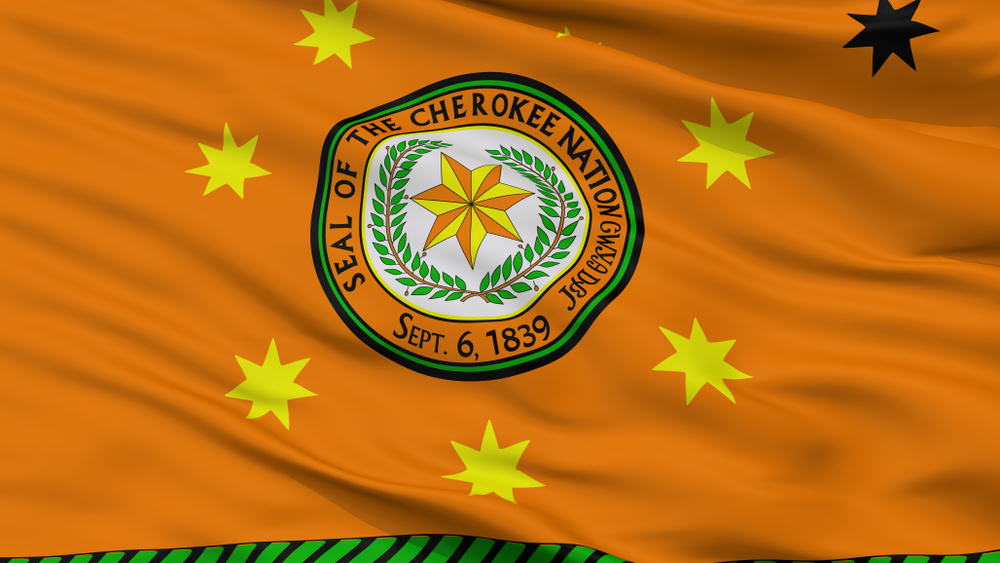
Principal Chief Chuck Hoskin Jr. issued a statement regarding the agreement. The “settlement will make an important contribution to addressing the opioid crisis in the Cherokee Nation Reservation; a crisis that has disproportionately and negatively affected many of our citizens,” Hoskin shared. “This settlement will enable us to increase our investments in mental health treatment facilities and other programs to help our people recover.”
The drug companies involved also released a joint statement denying any wrongdoing. They shared that payouts will be distributed over the coming six to seven years. The drug distributors “remain deeply concerned about the impact the opioid epidemic is having on communities across the nation and remain committed to being part of the solution.”
In 2017, the Nation sued the three drug distributors, along with several pharmacy companies. They allege that these companies contributed to the opioid crisis by flooding the reservation with millions of opioid pills. The addictive painkillers contributed to overdoses, abuse, addiction and deaths. The lawsuit against Walmart, CVS and Walgreens is pending. It’s believed that this settlement between the Cherokee Nation and the drug distributors will not impact the lawsuit against the pharmacies.
Related: Who’s to Blame for the U.S. Opioid Crisis?
In 2002, the Nation took over administering health care from the federal Department of Health and Human Services’ Indian Health Service. Creating the Cherokee Indian Hospital Authority put managing the Nation’s health care into their own hands. Chief Executive Officer of Cherokee Indian Hospital Authority Casey Cooper shared that “the opioid crisis has really motivated tribal leaders to invest in the best health and treatment services.”
McKesson, Cardinal Health and AmerisourceBergen have also agreed to pay up to $26 billion to resolve similar claims by local and state governments. This settlement did not cover any Native American tribes.
Related: First Pharmacy Settlements in Nationwide Opioid Crisis
More than 3,900 lawsuits have been filed by tribal governments, cities, counties and states across the country against drug manufacturers, drug distributors and pharmacies. According to the CDC, between 2009 and 2019, more than 490,000 Americans have died from an opioid overdose. As more lawsuits are filed and resolved, it is hoped that settlements like this one will fuel change, advocacy and treatments for those affected by opioid addiction.

